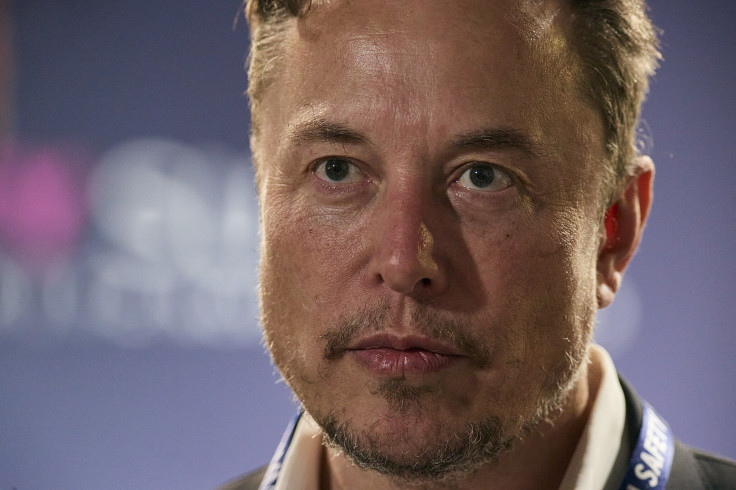Elon Musk's Neuralink Company Implants Brain Chip In A Human For The First Time
Neuralink received FDA permission for its first-in-human clinical trial in May 2023.

Elon Musk-led neurotechnology company Neuralink has managed to implant Neuralink's wireless brain chip in a human for the first time, the company claimed in a statement.
In a post on X, Musk said that "promising" brain activity was detected in the human after the procedure and that the person was "recovering well".
It needs to be noted that several companies have already managed to implant such devices. Last year, a paralysed man was able to walk after several years because of electronic brain implants by Swiss firm École Polytechnique Fédérale in Lausanne (EPFL).
The details of the procedure were published last year in May in the peer-reviewed journal Nature. However, Musk has not given any evidence to back his claims.
The first human received an implant from @Neuralink yesterday and is recovering well.
— Elon Musk (@elonmusk) January 29, 2024
Initial results show promising neuron spike detection.
Neuralink was set up in 2016, and Musk said that it is meant to help treat diseases such as dementia, Parkinson's, and Alzheimer's. Musk also plans to manage a wide range of conditions, including depression, schizophrenia, autism, and obesity, with the help of chip devices.
Musk said its long-term goal is to "improve human-to-AI and human-to-human bandwidth by several orders of magnitude".
The development has sparked a debate on social media, with users comparing it to a sci-fi horror film like The Matrix. "I am terrified by the thought of it," a Twitter user wrote. Some of the users even compared Musk to "anti-Christ".
"This definitely scares me... I'm really curious what the use case will end up being for this," added another.
Can Neuralink put this tweet into my brain? https://t.co/4nZPVz7vHR
— Shem Horne (@Shem_Infinite) January 29, 2024
How does Neuralink work?
Neuralink received FDA permission for its first-in-human clinical trial in May 2023. The trial involves a surgical procedure in which a robot inserts electrodes and extremely thin wires into the brains of the participants.
A small portion of the participant's skull is replaced with a chip the size of a quarter. The implant is then inserted into the hand knob area of their premotor cortex, the area that controls our hands, forearms, and wrist movements.
"Once in place, the N1 Implant is cosmetically invisible and is intended to record and transmit brain signals wirelessly to an app that decodes movement intention," a statement from the company explains.
Neuralink is still in its early stages of development, but it has made some notable progress over the years. The company demonstrated a working BCI capable of controlling a computer cursor with a monkey's mind in 2020.
The company has been involved in its share of controversies as well. A report by Wired claimed that the monkeys used in the trials died due to the implants.
However, Musk has dismissed all such reports, saying that "no monkey has died as a result of a Neuralink implant".
© Copyright IBTimes 2025. All rights reserved.






















